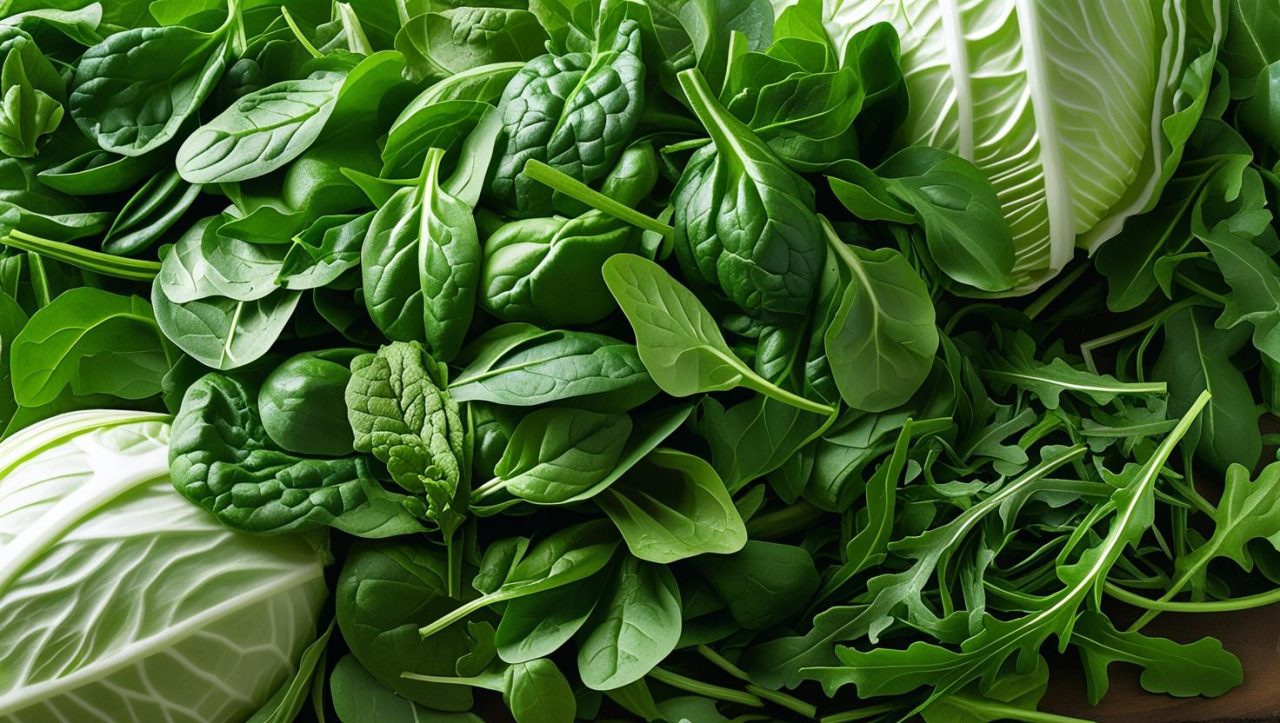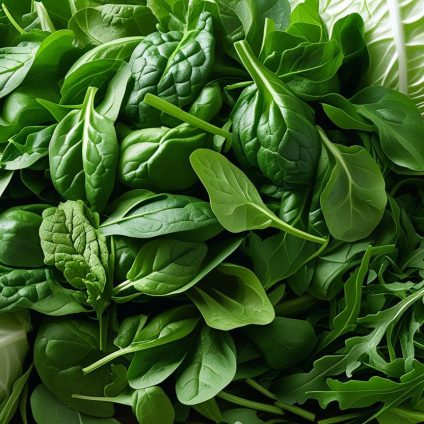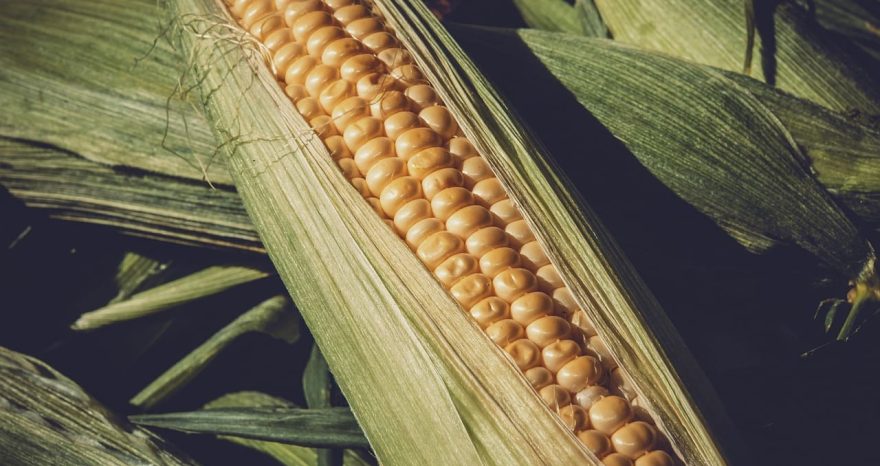A new study warns that rising CO2 levels and heat are reducing minerals, proteins, and antioxidants in food crops, affecting global nutrition.

The impact of climate change on the nutritional value of food crops
Are the nutrients in food crops still the same as they used to be? Is climate change altering the growing conditions of plants and their essential components?
These questions are at the core of research conducted by Liverpool John Moores University in the United Kingdom, presented at the annual conference of the Society for Experimental Biology in Antwerp, Belgium. What makes this study significant is its focus on climate change from a different angle.
While most discussions focus on reduced agricultural yields due to extreme weather, this research highlights how climate change is affecting the nutritional content of our food.
The researchers suggest that climate change is gradually removing nutrients from the foods we eat. The study specifically examines how rising temperatures and increased atmospheric CO2 interact with climatic changes to influence the nutritional value of food crops.
According to the British research team, understanding these interactions can help predict how global nutrition will shift with climate change and guide strategies to mitigate these effects.
Controlled environment simulations
The scientists found that warmer climates and higher CO2 levels cause crops to grow faster, but at the cost of nutritional density.
This results in lower levels of minerals, proteins, and antioxidants, which are crucial for preventing obesity, supporting immune function, and reducing the risk of chronic diseases.
Leafy vegetables such as kale, arugula, and spinach are particularly vulnerable to climate-induced changes.
To study these impacts, the team grows vegetables in controlled environments at Liverpool John Moores University, adjusting CO2 levels and temperatures to simulate future climate scenarios.
Although the study is modeled on projections for the United Kingdom, its implications are global.
Nutrient imbalance and health risks
Nutritional analyses show that while crops grow faster, they often contain lower levels of key nutrients such as calcium and certain antioxidants. Yet, different crops respond differently to these environmental stresses, making it difficult to establish a one-size-fits-all conclusion.
The nutrient imbalance poses serious risks to public health. Elevated CO2 levels can increase sugar concentrations in crops while decreasing essential proteins, minerals, and antioxidants.
This altered balance may lead to diets that are higher in calories but poorer in nutritional value. For instance, fruits and vegetables with higher sugar content could drive up obesity rates and cases of type 2 diabetes.
Likewise, reduced levels of nutrients in food crops can lead to deficiencies in protein and vitamins, compromising immune systems and worsening existing health conditions.
Vulnerable communities and nutritional stress
While nutrient loss is a global issue, its impact is far more severe in vulnerable communities already experiencing nutritional stress.
Countries in the Northern Hemisphere are facing major climate shifts, but in the Global South, these changes are compounded by drought, pests, and soil degradation.
In these regions, millions of people depend directly on agriculture for both food and income.
Climate-related nutrient losses could have devastating and irreversible effects on plants worldwide, affecting photosynthesis, growth, and the overall nutritional value of food crops.
If we are what we eat, it’s essential to recognize that plants are the foundation of our diets. Healthy crops are the key to a healthy, nutritious food system.












